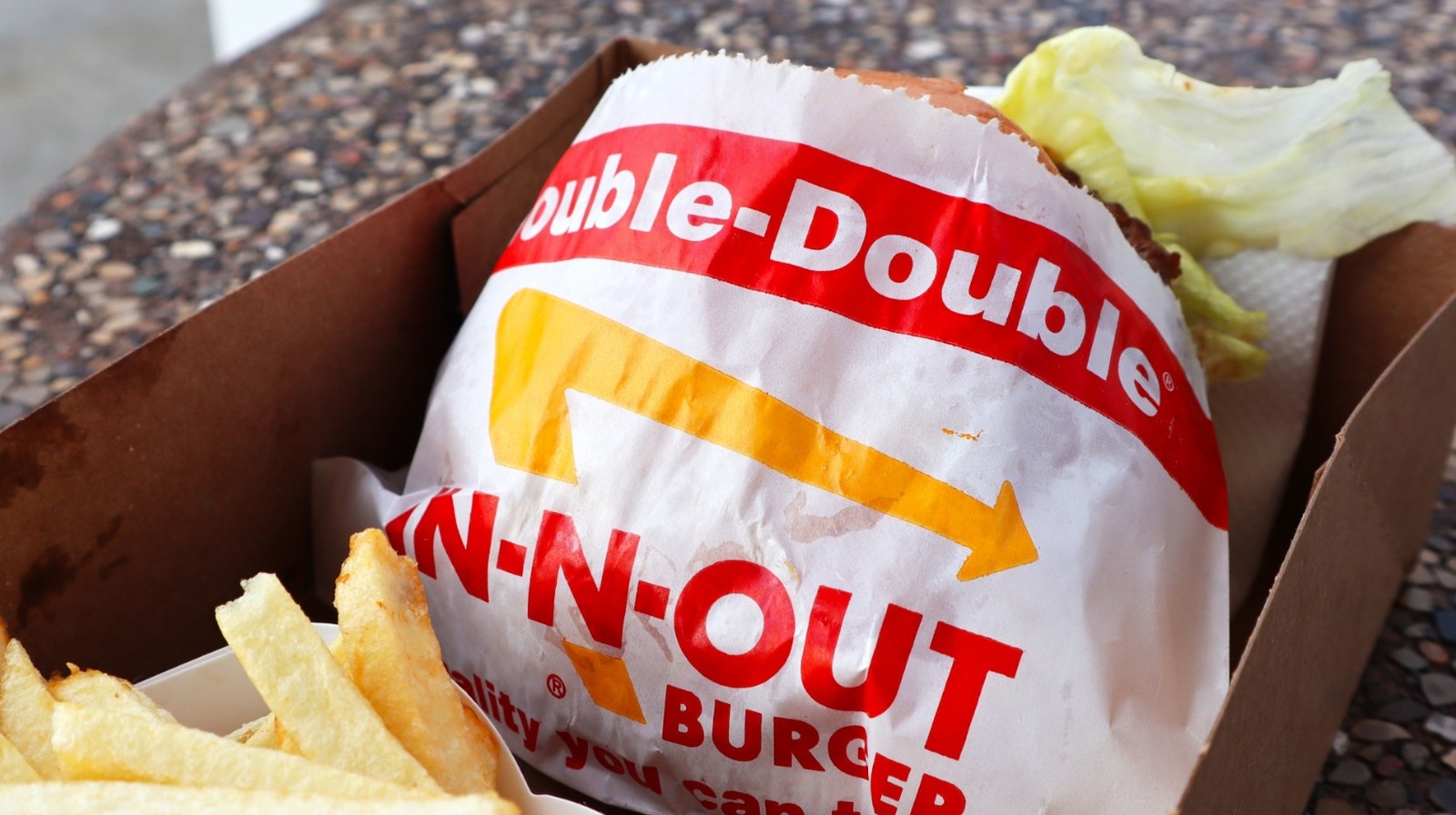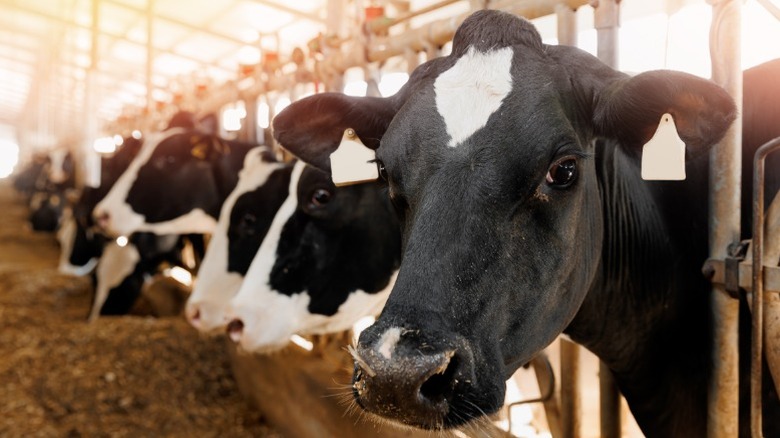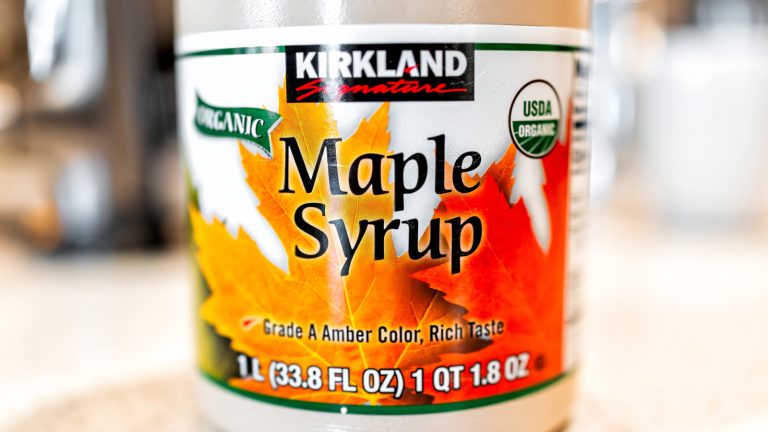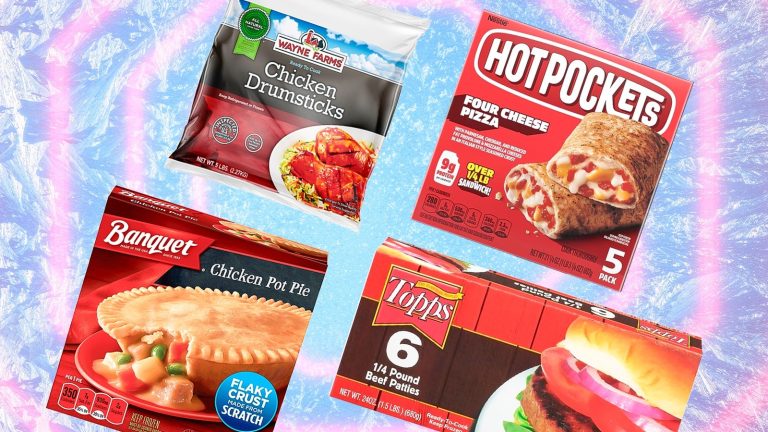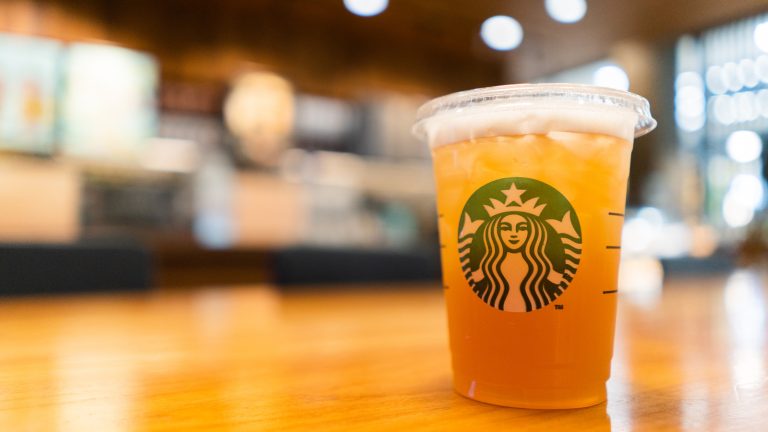In-N-Out is a burger chain famous for its simple (and secret) menu, popular enough to have even earned praise from celebrity chefs like Gordon Ramsay and Anthony Bourdain. There’s no doubt how the chuck beef burgers beloved by many are prepared is part of the fast food restaurant’s recipe for success. However, the price of that success has come under the public eye, which can be very discerning when it comes to ingredient quality.
In 2012, In-N-Out cut ties with a beef supplier plant operated by the Central Valley Meat Company, which was closed by the U.S. Department of Agriculture after being exposed for cattle abuse, resulting in a massive meat recall. In-N-Out switched to another supplier with another controversy on its hands. In 2016, multiple environmental and food safety advocates wrote a coalition statement criticizing In-N-Out’s use of beef treated with antibiotics, opening up a broader conversation on food safety ethics.
In-N-Out responded to the concerns by making further commitments to encourage beef suppliers to move away from antibiotic use, specifying a particular opposition to antibiotics important in human medicine (via Reuters). It’s unclear whether or not any notable progress has been made. In 2018, members of Consumer Reports, Public Interest Research Group (PIRG), and Natural Resources Defense Council, among other consumer advocacy networks, released a report on beef quality and the use of antibiotics. Shake Shack’s beef patties earned a high mark of “A” for using antibiotic-free meat, while In-N-Out’s beef grade received an “F.”
The beef with antibiotics-treated cattle in fast food
Antibiotics are used to help cure bacterial infections in humans and animals, and on cattle farms, they can also be used to promote growth and reduce death rates through disease prevention. In animal agriculture, these treatments are prescribed by a veterinarian, and it’s the farmer’s responsibility to ensure that there are no traces of the antibiotics left in a cow’s system before slaughter. The type of antibiotics also matters, as some of those used to treat diseases in cattle are the same types used to treat diseases in humans. Overconsumption of antibiotics through meat has raised concerns about humans developing antibiotic resistance — in other words, weakening the body’s ability to fight off bacterial infections with prescription medications.
In-N-Out’s beef supplier at the time of the initial 2016 letter was the California-based Harris Ranch Beef Company, which had faced public scrutiny for its commercial farming practices in previous years and been involved in a feud with author and factory farming critic Michael Pollan. It faced the same criticisms as many other major beef suppliers regarding sanitation and animal treatment — factors that can impact the prevention and spread of bacterial infections, and thus the use of antibiotics.
In light of low-quality fast food beef controversies, Harris Ranch Beef Company (purchased by the Central Valley Meat Company, In-N-Out’s former beef supplier, in 2019) published a 2019 statement promising responsible usage of antibiotics and compliance with U.S. regulations on the matter. Still, when In-N-Out describes the quality of its beef on its website, the burger chain is adamant about avoiding fillers, additives, and preservatives, but any mention of antibiotics (or the lack thereof) is absent.


